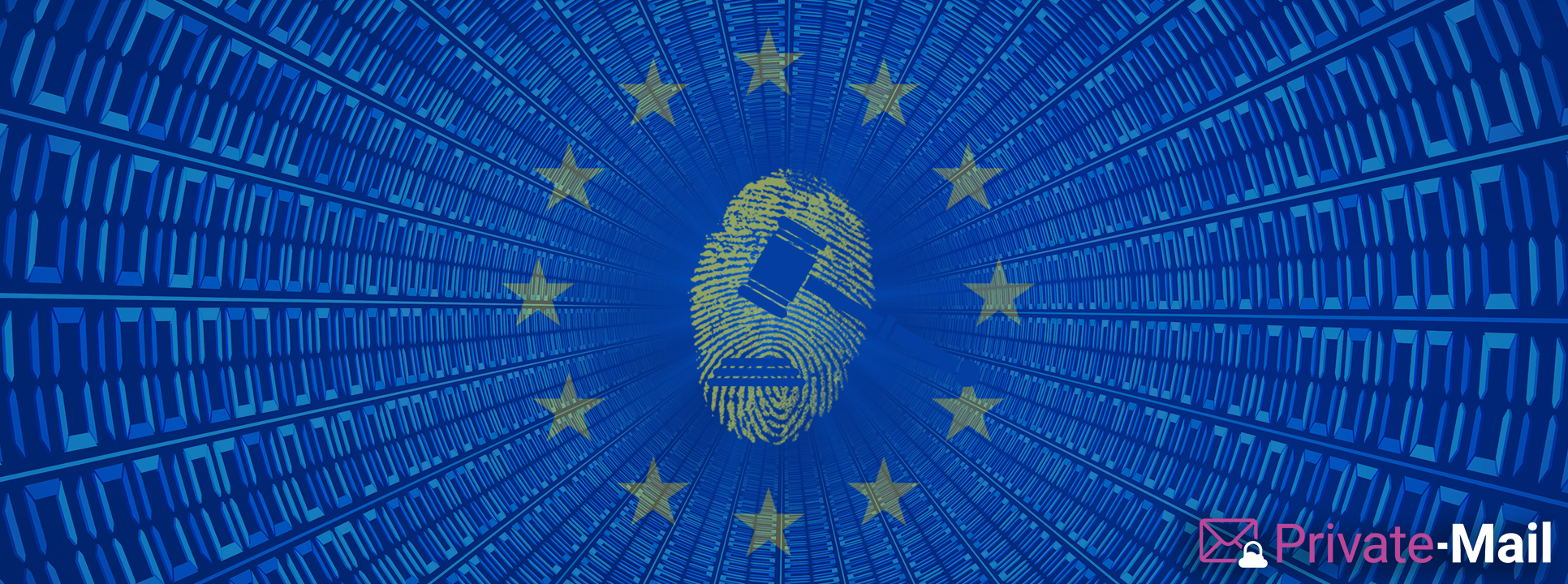
Here’s What is Wrong with the EU’s E-evidence Proposal
The ability to gather electronic evidence is crucial for solving crimes. Without electronic evidence, it would be nearly impossible to solve child sex abuse cases and pedophile rings. Cases like Luka Magnotta’s, the animal abuser turned people murderer, could have never been solved without the electronic evidence they left behind. Law enforcement absolutely need this evidence, and that’s what the EU’s e-evidence proposal declares.
While the intention behind the proposal is undoubtedly sound, there are some ramifications that may leave innocent people in the crossfire. There are rules governing how physical evidence is collected in order to preserve the privacy of the individual being investigated – after all, they may not have committed a crime. The circumstances surrounding the gathering of e-evidence are extraordinarily lax, and this may create problems for private citizens living in the European Union.
How the Proposal Works
The proposal works by allowing law enforcement and other relevant agencies to force the hands of European companies to turn over user data. This forceful action will not require the approval of a judge within the jurisdiction – the company in question merely has to comply. The law is currently structured to protect the data of users in their respective countries, but the new proposal would render the old laws ineffective.
This doesn’t seem dangerous – it’s not unreasonable that someone may be wanted for a crime with digital evidence that crossed borders between European countries. While law enforcement deserves access to information that can help them solve crimes and save lives, the way the proposal allows them to obtain that information should be cause for concern.
Why You Should Be Worried
The most concerning part of this proposal is that anyone from any agency can request any information at any time without judicial approval in the country where the individual resides, and the company has to give that information up. Without a judicial approval process, it can be difficult to distinguish a legitimate request from the request of a bad actor or malicious entity. Since these requests don’t require any type of court approval, fake or abusive requests are likely to slip through the system.
It also removes the rights of a company to reject the request. If the request seems unwarranted or unnecessary to a company (like in instances where a shared account may jeopardize the privacy of another individual uninvolved in the investigation), they would still be forced to forfeit a user’s privacy.
Without any balances and proper legal processes in place to keep these requests above board and assure their legitimacy, there’s a wealth of room for error. This room for error can jeopardize the privacy of nearly every citizen in Europe in the event that a bad actor decides to take advantage of the loopholes and flaws in the plan.
How Using PrivateMail Solves the Problem
PrivateMail stores nothing. Therefore, we have no records to hand over. Since we use OpenPGP encryption and paranoid encrypted cloud storage, we can’t see encrypted content in your inbox or what attachments. We couldn’t figure it out – even if we desperately needed to. We value your privacy above our ability to spy, read, or store your emails like every major provider of un-encrypted email does. If you switch to private mail, no one will be able to successfully request copies of your encrypted emails or files.
We offer solution for both individuals and businesses. You can keep private company information and intellectual property safe from hackers and bad actors by using PrivateMail exclusively. Only you and your intended recipient will be aware of the privileged information sent within that email.







